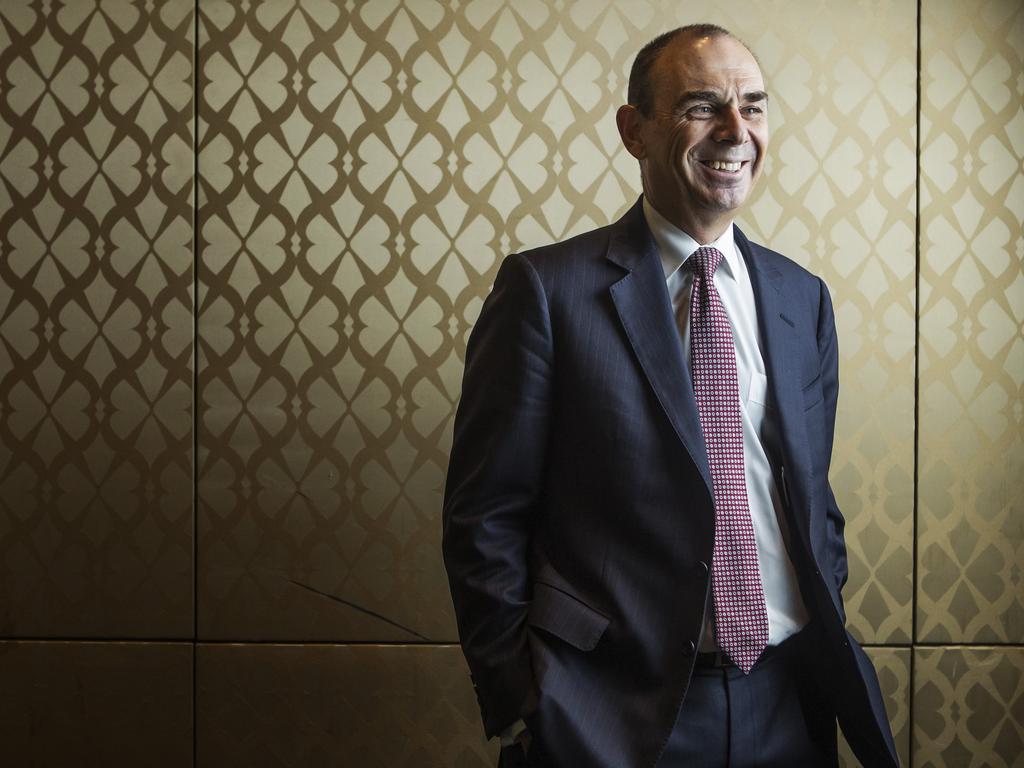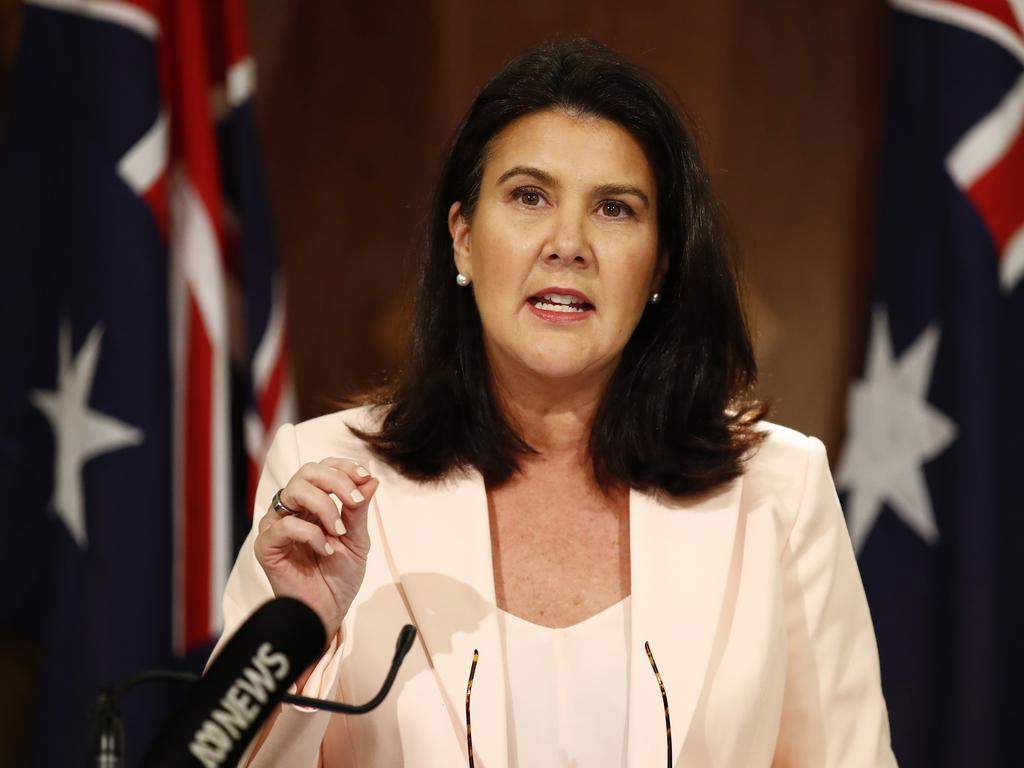Canberra has no place in superannuation investments

Such an intervention is not only heavy-handed, interventionist and unprecedented in this country, but it would also create investment uncertainty that would harm returns for members.
Yet such unfettered power is precisely what the Morrison government is seeking as part of its Your Future Your Super reform package, which is now the subject of a Senate Committee inquiry and due for debate in parliament.
The legislation, which has the well-intentioned aim of addressing underperformance and reducing future multiple super accounts, is disturbingly light on substance leaving significant issues, such as what investments might be subject to a ban, currently to be decided later by regulation that is not subject to parliamentary scrutiny.
The proposed changes (to section 117A of the SIS Act) would allow any minister (of any persuasion) at any time in future to intervene in private markets by making regulations prohibiting super funds from investing in certain assets.
Confusingly, the legislation would allow this even where an investment is demonstrably in the best financial interests of super fund members.
So, if not to improve member outcomes, the power can only be intended for political reasons.
However, regardless of the intention, the outcome is clear.
In its submission to Treasury, Australia’s second-largest super fund, Aware Super, pointed out that a future minister could choose to prohibit investment assets arbitrarily, which could range from government-sponsored infrastructure assets, to water rights, to certain food manufacturers (for example sugar or alcohol-based) or certain energy sources, without regard to the entire portfolio.
Or, if Liberal backbencher Tim Wilson has his way, super funds could even be banned from investing in housing developments.
This is despite the important role that super funds are increasingly playing to improve Australia’s stock of affordable housing and innovative build-to-rent projects (investments that stack up on member returns and improve social outcomes at the same time).
Wilson wants to ban such investments unless the early access rules are changed to allow first-home buyers to access their super for a home deposit. Who knows what the next target will be.
This extraordinary power gives rise to uncertainty which may, ironically, have very real negative implications for current fund members.
For example, even if the new law is not made retrospective, the scenario may arise where a super fund that has previously made an investment now deemed illegal finds itself at a considerable commercial disadvantage because of a new-found lack of opportunities to sell the asset, with the sale now being closed to many comparable institutional investors.
At the very least, the investment uncertainty will have to be priced in.
This clashes with the vital aspects of long-term investment horizons and stability that have underpinned our superannuation system’s success in generating returns for members.
Profit-to-member super funds have consistently supported any measures or reforms aimed at improving member outcomes and, ultimately, safeguarding comfortable incomes in retirement for Australian workers.
No one is contesting the right of parliament to create laws that improve retirement outcomes for members, but this measure could do the opposite.
It is no surprise that the provision is strongly opposed in multiple submissions to Treasury from a diverse group of organisations who haven’t minced their words: among them, the AI Group (representing major employers) called the measure an “illogical and unprecedented power for regulators”; the Australian Institute of Company Directors described it as “an inappropriate delegation of legislative power to the executive”; the Responsible Investments Association Australia warned it would create “unworkable uncertainty” for trustees.
Echoing the view of many in the superannuation sector, Aware Super called the measure “extreme in its breadth and depth of application into the operation of a fund, and not in keeping with a philosophy of free enterprise”.
When it comes to laws regarding superannuation, Australians deserve better than this. Super should not be an ideological plaything of the government of the day.
We all need to be confident that our super is there for only one reason: delivering financial security in retirement.
Eva Scheerlinck is the chief executive of Australian Institute of Superannuation Trustees






Why would any government want to give the minister of the day the power to ban specific superannuation fund investments, regardless of whether that investment is in members’ best interests?